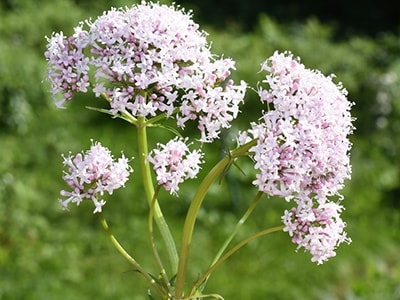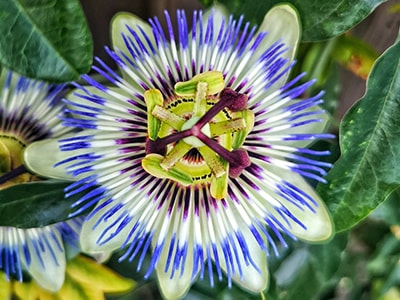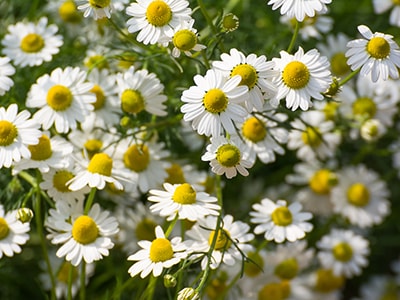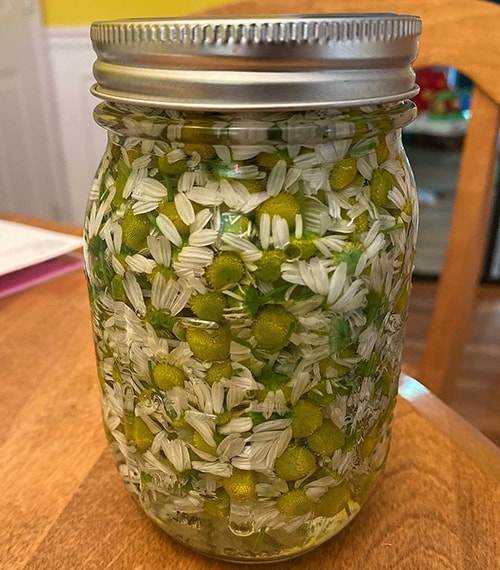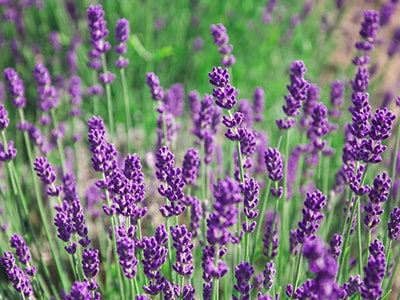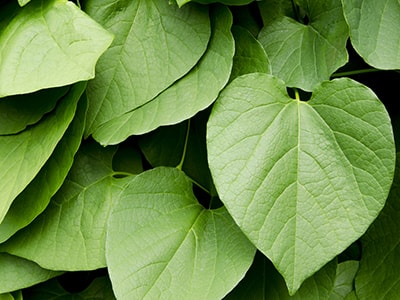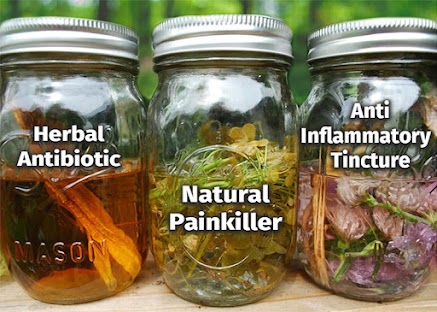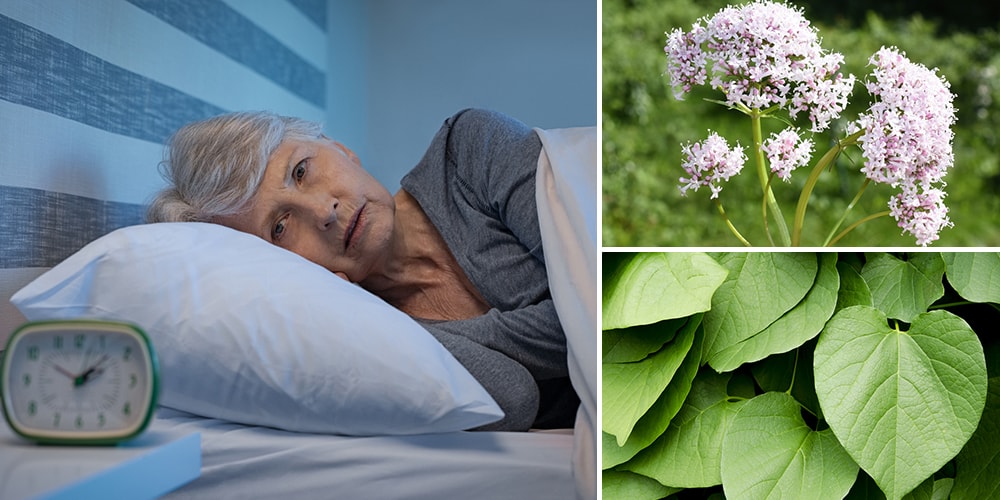
Herbal Remedies for Insomnia That Actually Work
We are supposed to spend a third of our lives sleeping. But in our fast-paced world, we can all agree that this is debatable. For many of us, sleep is becoming more like an intangible luxury than a necessity.
With disruptive sleep and many distractions, our brains can succumb to insomnia. Over time, insomnia can only accumulate our sleep debt and it will cause us more trouble as our body struggles.
What Causes Insomnia?
A single night of restlessness is considered sleeplessness. When it stretches on for a prolonged period, the condition is called insomnia. Insomnia is a sleep disorder where one struggles to fall asleep or stay asleep for a long period. The condition can be acute or chronic. Sometimes, insomnia comes and goes. And regardless of the time, it is a hard situation to deal with.
There are two main types of insomnia: primary and secondary.
Experts are not sure about the main cause of primary insomnia. This type of sleep disorder does not come from health conditions. It is often linked to stress due to major life changes such as divorce, job loss, jet lag or a non-conducive sleeping environment.
Secondary insomnia is a result of other health conditions like cancer, asthma, depression, PMS, Alzheimer’s disease, etc. Patients taking medications are also prone to secondary insomnia as well as those who take alcohol and caffeine.
Herbal Remedies for Insomnia
Losing sleep results in tiredness and grogginess which can take a toll on your daily living. Staying awake for a long time can cause higher health risks and lead to debilitating problems. It will affect concentration resulting in problems if you are driving and doing jobs that need focus. Lack of sleep in students can also affect the quality of their studies.
There are a lot of tips and tricks to help with insomnia, like avoiding blue light from gadgets and TVs, caffeine and alcohol. To give you a more restful sleep, you can also trust the power of the following sleep-inducing herbs.
Valerian
Valerian (Valeriana officinalis) root extract is one of the most popular complementary treatments for insomnia. It had been in traditional apothecaries for thousands of years as a cure for sleep disorders. The compounds in valerian affect the regions of the nervous system to bring a deep calm and aid in sleep.
The herb is a powerful nervine and sedative that enhances the effect of prescription medicine. With proper use, it manages blood pressure, improves sleep patterns and positively affects heart health.
Valerian root extract is available in many forms such as a tablet, a capsule, tea or powder. Its most effective form is a tincture which is diluted in warm water and taken as an anti-insomnia herbal remedy. The herb is so potent it can interact with other medications. Sudden discontinuance can also cause bothersome withdrawal symptoms, so reducing the amount is more necessary than abruptly stopping use.
Passionflower
Passionflower (Passiflora incarnata) is the second and next most effective anti-insomnia herbal remedy. It treats anxiety, phobias and depression that cause sleep disorders. Taking passionflower increases the gamma-aminobutyric acid (GABA) in the body which lowers brain activities. In turn, it causes deep relaxation and promotes the quality of sleep and its pattern.
It is also a good herb for people having emotional symptoms and insomnia from drug and alcohol withdrawal. For women, passionflower balances the hormone and manages the estrogen level in the body. It is necessary in reducing the symptoms of PMS and other menstrual-related problems and sleeplessness during this time of the month.
Passionflower is available in different medicinal forms. It is also used in foods or taken in its raw form. For insomnia, you can take passionflower tea by boiling one tablespoon of its freshly shredded leaves. Steep it for 7 to 8 minutes and drink twice a day, once in the morning and before bedtime. You can give the infusion to children at one teaspoon twice a day.
Chamomile
Chamomile (Matricaria chamomilla) is a popular and widely used tea for promoting deep sleep. You can find the tea anywhere in stores and it is probably the first thing you will find for insomnia. Chamomile, particularly its flower, is rich in flavonoid apigenin. It is responsible for reducing the stress response of the brain and reduces the activity of the receptors.
Chamomile is a strong sedative and nervine. It also has antispasmodic and anti-inflammatory properties that relieve muscle spasms to help the body experience lasting relaxation. It alleviates painful menstruation and spastic stomach pain to give you a good night’s rest. Chamomile is the most effective tea for treating insomnia in the elderly.
While you can easily find chamomile tea in stores, the most potent form of consuming it is in its tincture form.
Ingredients:
- 1 packed cup of dried chamomile flowers
- 80-proof vodka or rum to fill a mason jar
Steps:
- Pack the chamomile flowers in a mason jar and fill it with vodka.

- Cover with a tight-fitting lid and place in a cool and dark place for 2 to 4 weeks.
- Shake the jar every couple of days to make sure the alcohol covers the flowers completely.
- After four weeks, strain the mixture in a small container. Use a dropper for easy dispensing.
For an alcohol-free tincture for children, you can use vegetable glycerin. You can also apply this to the baby’s gums when teething. The ideal dosage is ¼ to ½ tsp chamomile tincture for children and 1 tsp for adults twice a day.
⇒ Plant Identification Guide – 400 Wild Plants That You Can Forage For (Video)
Lavender
Lavender (Lavandula angustifolia) is a therapeutic plant that is well-loved for its distinctive scent and medicinal use. It is well-valued for its effectiveness in treating insomnia through drinking tea infusion or inhaling its aroma. This tonic herb counters fatigue, stress, anxiety, depression and bipolar symptoms.
Lavender contains compounds like cineole, camphor, linalool, borneol and linalyl acetate. These compounds exhibit analgesic and muscle relaxant effects to inhibit the neuron’s stimuli. It decreases gamma-aminobutyric acid (GABA) to regulate the responses and give a deep relaxation.
There are many ways to use lavender for calming your mind and inducing sleep. You can take lavender tea before going to bed. Add fresh lavender flowers to your bath and soak in them, or use lavender oil in your diffuser while you sleep. A few drops of lavender oil in your pillow are also effective in inducing a good night’s sleep.
Kava
Kava (Piper methysticum) is a traditional herb in the Pacific Islands that also became a popular anti-insomnia medication in the West. Kava affects the GABA transporters to improve mood and induce relaxation.
Its main compound kavalactones possess a strong sedative effect that influences the brain similar to the effects of prescription drugs. But unlike these drugs, kava does not impair cognitive functioning nor hinder memory and motor functions. It only lowers the stress hormones in the bloodstream and normalizes hormonal activities. Kava has a high potential to be used as a calming herb for hyperactive children and for treating other symptoms of ADHD.
Despite its promising benefits in nervous activities, kava is still under stringent studies following health controversies. Manufacturers produced adulterated versions of kava using its aerial parts instead of roots which is harmful to the liver. The FDA warns consumers of the potential risk of liver injury when used inappropriately and for a long period. Its action is progressive, which means it becomes more potent the longer you use it.
The safest way of taking kava is respecting the recommended dose and duration. Its daily intake should not exceed 250 mg. It also interacts with some prescription medication.
The Bottom Line
There is no perfect sleep formula, only some sleep basics and tips. Such sleep techniques work best when you pair them with herbal remedies that heal you from the inside. Herbal medicines are generally safe for use in people with insomnia.
Note that most herbs do not work immediately after using them. It may take a week or two before sleep improvement can happen. Some improvement can go undetected but the quality of sleep that you have will reflect on your overall health and wellness. A relaxing sleep makes you more alert, productive, efficient, focused, happier and healthier.

